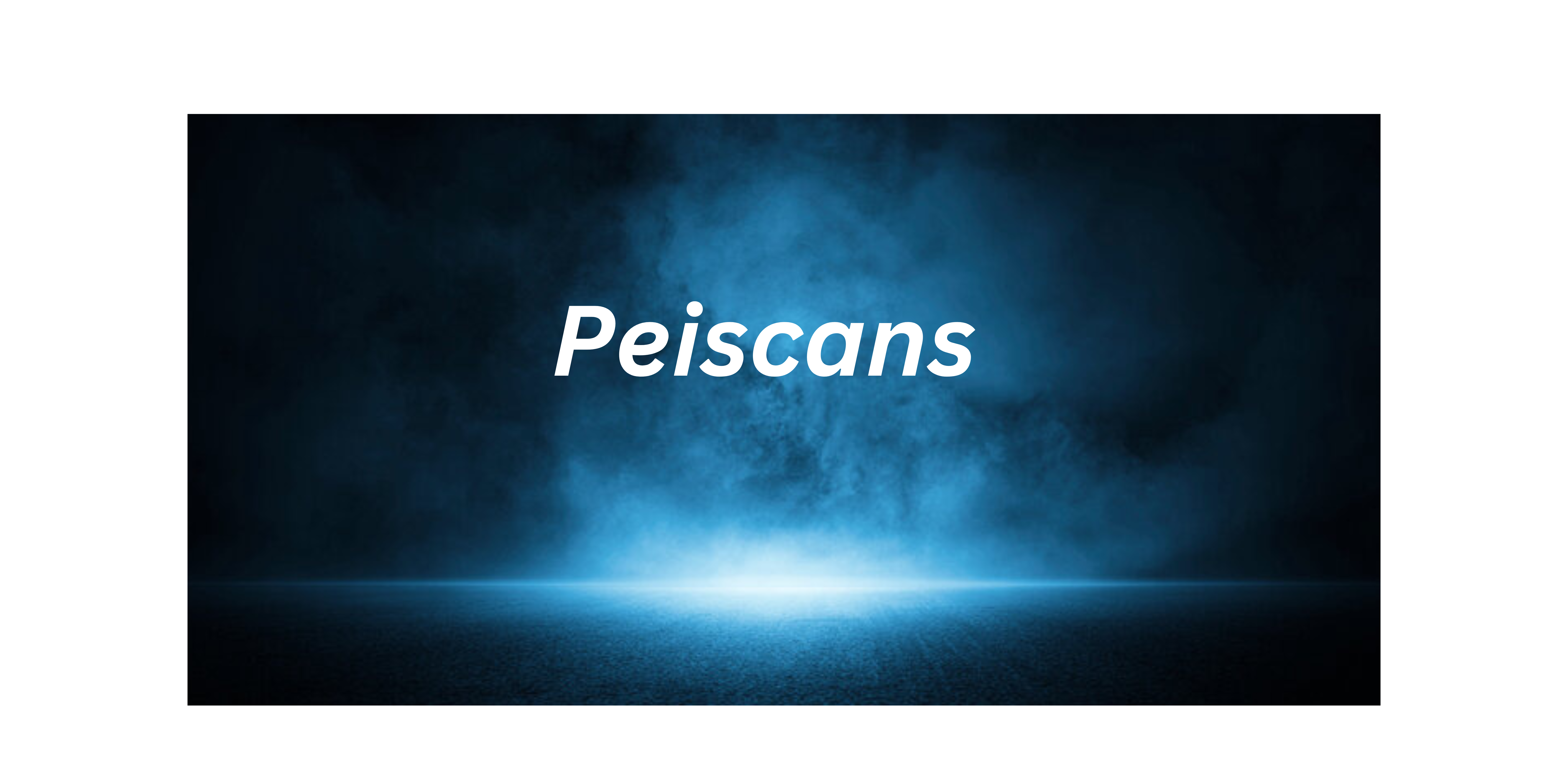Peiscans are mysterious beings that hold a significant place in both mythology and cultural history. Their existence has been the subject of speculation for centuries, blending elements of myth and truth to form a rich tapestry of stories that captivate the imagination.
Whether viewed as mythical creatures, historical symbols, or spiritual entities, Peiscans represent a distinct fusion of cultural narratives, making them more than just legends. In this article, we will explore the origins, meanings, and evolving interpretations of Peiscans, going beyond common sources to provide an in-depth analysis that resonates with a modern audience in the USA.
1. The Origins of Peiscans
Peiscans have ancient roots that stretch across multiple cultures and civilizations, particularly in regions rich in folklore and mythical creatures. While their precise origin is debated, the first mentions of Peiscans can be traced back to early manuscripts and oral traditions that predate recorded history. Scholars believe that Peiscans originated from maritime civilizations, often symbolizing the enigmatic powers of the sea and water.
In ancient texts, Peiscans were depicted as guardians of the seas, representing both its life-giving and destructive forces. Over time, their characteristics evolved, becoming intertwined with other mythical creatures such as mermaids and sirens, though Peiscans maintained their unique identity, symbolizing more than just the sea, but the broader unknown and transformative aspects of nature.
Etymology of “Peiscans”
The term “Peiscans” is thought to derive from an ancient root meaning “keepers of the deep” or “guardians of knowledge.” In some languages, the word is associated with the ocean, while in others, it’s tied to wisdom and insight, further solidifying their mythical status as creatures that bridge the gap between nature and intellect.
2. Mythological Representation of Peiscans
Mythologically, Peiscans have been represented in various ways, often influenced by the cultures that narrate their stories. In some legends, they are depicted as shape-shifters, capable of transforming between human and aquatic forms. This duality symbolizes their role as mediators between worlds — land and sea, human and nature, known and unknown.
In certain mythologies, Peiscans are seen as protectors, safeguarding ancient wisdom and guarding the mysteries of the natural world. In others, they are portrayed as tricksters, playing with the boundaries of reality to challenge human understanding. Their multifaceted roles in mythology reveal a deep connection to the human desire to understand the natural world, as well as the limitations of human knowledge.
Peiscans and Duality
The duality of Peiscans — half human, half aquatic — is symbolic of the broader theme of transformation and balance. In many cultures, this ability to shift between forms represents the constant flux between the conscious and unconscious mind, between civilization and nature. Peiscans remind us that the boundaries we perceive are often more fluid than we realize.
3. The Symbolism of Peiscans in Different Cultures
Peiscans hold varied symbolic meanings across different cultures. In ancient Mesopotamian culture, they were considered symbols of fertility and life, associated with the flow of rivers and the nurturing aspects of water. In contrast, in ancient Greece, Peiscans took on a more ominous tone, embodying the destructive force of the seas and the dangers that lurked beneath the waves.
In Celtic mythology, Peiscans were seen as spirits of wisdom and knowledge, often residing in sacred lakes and rivers. These Peiscans were believed to possess deep spiritual insight, and those who encountered them were thought to gain wisdom and guidance from their mystical presence.
Peiscans as Cultural Bridges
Interestingly, Peiscans also appear in early Native American folklore, particularly in coastal tribes. They are often described as mysterious figures who guide travelers across treacherous waters, serving as both guides and protectors. This cross-cultural presence of Peiscans highlights their universal appeal as symbols of both nature’s beauty and danger.
4. Peiscans in Ancient Literature and Oral Traditions
Peiscans have been featured in ancient literature, particularly in epic poems and sagas from maritime cultures. In some of the earliest seafaring tales, Peiscans were described as mystical beings that could offer sailors guidance or mislead them, depending on their intentions. These stories often served as metaphors for the unpredictability of the sea and the balance between human ambition and nature’s uncontrollable forces.
Oral traditions, especially among coastal communities, kept the legend of Peiscans alive for centuries. Fishermen and traders would pass down stories of Peiscans appearing during foggy nights, luring sailors towards unknown shores or warning them of impending storms.
The Role of Storytelling in Preserving Peiscan Myths
Storytelling has played a crucial role in keeping the Peiscan mythology alive, particularly in societies where written records were limited. Through the retelling of these myths, Peiscans have taken on new forms, reflecting the evolving values and fears of each generation.
5. The Mystery of Peiscans: Fact vs. Fiction
The line between fact and fiction when it comes to Peiscans is blurry. While there is no empirical evidence to suggest that Peiscans ever existed, their presence in multiple, geographically disparate cultures has led to speculation about their origins. Some historians argue that Peiscan myths could have been inspired by sightings of rare sea creatures or natural phenomena, which ancient peoples interpreted as mystical beings.
Others suggest that Peiscans are purely symbolic, representing humanity’s enduring fascination with the sea and the mysteries it holds. Their continued relevance in modern times suggests that, whether real or imagined, Peiscans speak to a universal human experience — the search for meaning in the unknown.
6. Modern Interpretations of Peiscans
In the modern era, Peiscans have taken on new meanings, often becoming symbols of environmental awareness. As the world grapples with climate change and the impact of human activity on the oceans, Peiscans have emerged as guardians of the natural world, reminding us of our responsibility to protect the environment.
In literature and film, Peiscans are often depicted as tragic figures, caught between worlds and struggling with their dual identity. This portrayal resonates with contemporary themes of identity, belonging, and the human desire to reconcile with nature.
7. Peiscans in Popular Culture
Peiscans have found their way into popular culture, appearing in films, books, and even video games. In these modern adaptations, Peiscans are often reimagined as heroic figures, representing the fight to preserve the natural world. In other instances, they are portrayed as villains, embodying the dangers of the unknown and the destructive power of nature when it is disrespected.
Peiscans in Modern Art and Media
From indie films to fantasy novels, Peiscans have become a favorite subject for creators exploring themes of transformation, mystery, and the environment. Their ambiguous nature makes them perfect characters for stories that delve into the unknown.
8. The Role of Peiscans in Spirituality
Beyond mythology and popular culture, Peiscans also hold a place in modern spiritual practices, particularly those connected to nature-based spirituality. In these practices, Peiscans are seen as symbols of transformation, representing the process of personal growth and the deep connection between the human spirit and the natural world.
Peiscans and the Water Element in Spirituality
Water has always been associated with cleansing, rebirth, and spiritual awakening, and as beings tied to water, Peiscans are often invoked in rituals aimed at personal transformation or connecting with nature’s deeper mysteries.
9. Peiscans: Symbol of Transformation and Wisdom
At their core, Peiscans are symbols of transformation. They embody the duality of existence — the balance between land and sea, human and nature, knowledge and mystery. This duality makes them powerful symbols of personal growth, reminding us that transformation is a natural and necessary part of life.
Peiscans as Personal Symbols
For those who feel a connection to the unknown or who seek transformation in their own lives, Peiscans can serve as guides, reminding us to embrace change and trust in the mysteries that lie ahead.
10. Frequently Asked Questions (FAQs)
1. What are Peiscans?
Peiscans are mythical beings that are often associated with the sea and wisdom. They appear in various mythologies around the world, often representing duality, transformation, and mystery.
2. Did Peiscans ever exist?
There is no scientific evidence to suggest that Peiscans were real. However, their presence in ancient myths across multiple cultures suggests they were important symbols of nature’s mysteries.
3. What do Peiscans symbolize?
Peiscans symbolize duality, transformation, and the unknown. They represent the balance between nature and humanity, knowledge and mystery, and the conscious and unconscious mind.
4. Why are Peiscans relevant today?
Peiscans remain relevant because they speak to universal human themes such as transformation, environmental stewardship, and the search for meaning in the unknown.
5. Are Peiscans connected to any specific religion or spiritual practice?
Peisc
Peiscans are not tied to any specific religion, but they have appeared in various spiritual and mythological contexts. In modern spiritual practices, particularly those focusing on nature and transformation, Peiscans are invoked as symbols of personal growth, environmental harmony, and connection to the natural world.
6. Are Peiscans similar to mermaids or sirens?
While Peiscans share some similarities with mermaids and sirens, particularly in their connection to the sea, they are distinct creatures in their own right. Peiscans are often depicted as having a deeper symbolic role, embodying duality and transformation, whereas mermaids and sirens are typically associated with seduction and danger.
7. Can Peiscans shapeshift?
In many myths, Peiscans have the ability to shapeshift between human and aquatic forms, symbolizing their role as mediators between different realms — land and sea, human and nature, reality and mystery.
8. What is the modern environmental significance of Peiscans?
In recent interpretations, Peiscans have become symbols of environmental awareness. Their connection to water and the natural world makes them powerful symbols for movements dedicated to preserving oceans, rivers, and other water ecosystems. They remind us of the delicate balance between humanity and nature.
Conclusion
Peiscans represent more than just a mythical creature lost in the pages of ancient history. Their symbolic significance — rooted in duality, transformation, and the mystery of the unknown — continues to resonate with people across cultures and time. As guardians of the seas, keepers of wisdom, and spiritual guides, Peiscans remind us of the delicate balance between nature and humanity, the importance of personal transformation, and the need to protect our environment.
The enduring presence of Peiscans in both ancient mythology and modern culture speaks to their universal appeal. Their ability to represent both the beauty and danger of the natural world, as well as the complexity of human experience, makes them a captivating subject for storytellers, spiritual seekers, and environmentalists alike.
By exploring the myth, symbolism, and cultural impact of Peiscans, we gain a deeper understanding of how this mysterious figure reflects our own relationship with the world around us. Whether viewed as mythical beings, symbols of transformation, or environmental protectors, Peiscans continue to captivate our imagination and challenge our understanding of reality.




